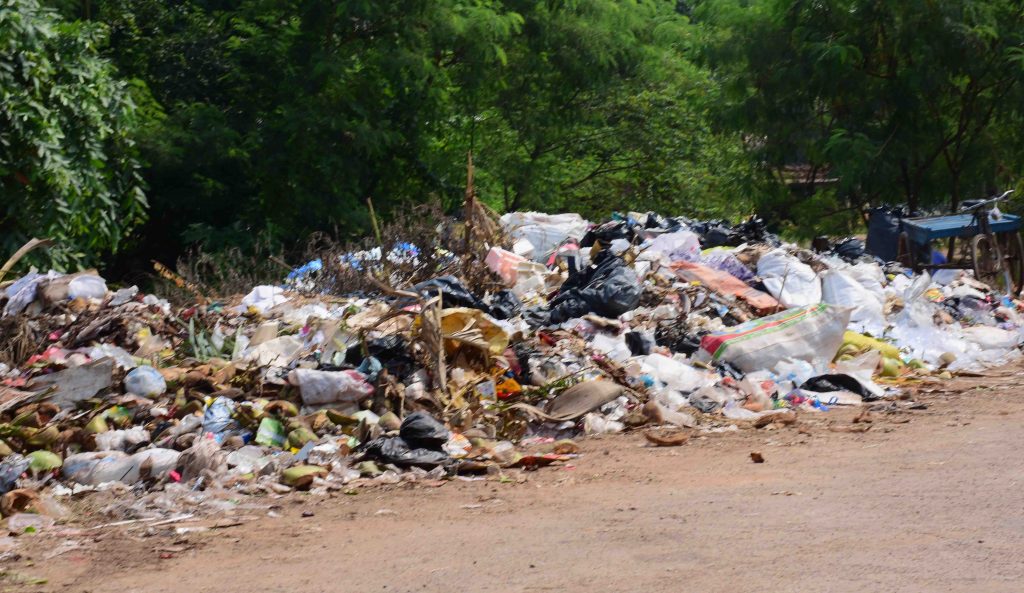Remnants of plastic will outlive human beings. That is why so many people are concerned about plastic waste which accumulates on a daily basis and poses a threat to humans, animals and marine life.
Some youths are not waiting for the government to take the lead on the issue of plastic pollution. They have decided to tackle the issue on their own and clean up their communities and residential colonies. They also want to educate decision-makers about the impact of plastic pollution. Orissa POST met some of these enterprising youth who are taking the initiative to make Odisha a plastic-free state.
Sangram Rout of Rayagada said, “Plastic has spread around the world like an epidemic. So the ban against plastic use in Odisha is welcome. But, it’s not easy to stop all use of plastic until there is an alternative material to replace it. So, my buddies and I have decided to make a start by avoiding all types of plastic that we use on a daily basis like plastic bags, mobile covers, bottles, wrist watch straps and purses, among others. We will take out marches in the streets on the last Sunday of the month, carrying cardboard placards and banners instead of flex banners, to create awareness against the use of plastic bags, straws and water bottles.”
Abhijeet Samantray, an engineering student of Cuttack, said, “The Class X students of a US based school have initiated a ‘water bottle project’ to stop plastic water bottles from being thrown or left on the campus. So why can’t we ban the use of plastic inside college campuses? Everyone in our class is working to avoid the use of plastic. Each one of us should be working to support the plastic ban.”
“We are impressed by the awareness campaign launched by Orissa POST to make Odisha plastic-free,” he added. “Once we start thinking about the plastic crisis and possible solutions, we begin noticing the extent to which plastic is a part of our daily lives. From computers to pencil cases to sandwich bags, plastic surrounds us at school and home. If we want to stop plastic pollution, awareness is the first step.”
Subhrant Bal of Jagatsinghpur said, “Plastic is used by everyone. Plastic boxes help keep our food fresh and plastic is used in everything from cloth yarn to medical supplies to synthetic paints. But what makes plastic useful also causes harm to the environment. Most plastic materials are made from fossil fuels and contain chemicals that percolate into water supply sources, posing a health risk to humans and animals. Plastic also pollutes the ocean, piles up in landfills, and is not biodegradable. Instead, plastic breaks down into tiny particles that can be deadly to marine life. The first thing I abandoned is the use of plastic bottles to drink water and I hope I can avoid the use of other plastic material too.”
Vedvyas Dash from Sambalpur said, “Whether you live in a city or a village, you will see plastic bags blowing around anytime you come out of the house. Plastic bags cause real, tangible harm to the environment. Many animals – including terrestrial and aquatic animals – eat plastic bags and choke and die. A significant number of cows, for example, die each year after ingesting plastic bags that end up in their grazing grounds. This is a particularly big problem in Odisha where the cow population is large.”
Soyong, OP
